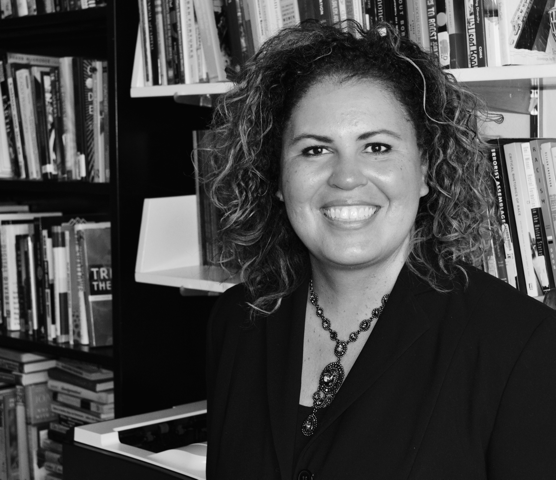In an effort to make sense of the historic 2016 presidential election, you may want to check out the wonderful resources curated by historians N.D.B. Connolly and Keisha N. Blain, presented as Trump Syllabus 2.0 (because the Chronicle of HIgher Education had published a Trump Syllabus that almost entirely omitted discussion of race, racism, and racial politics). The material below is from the introduction to the syllabus:
This course, assembled by historians N. D. B. Connolly and Keisha N. Blain, includes suggested readings and other resources from more than one hundred scholars in a variety of disciplines. The course explores Donald Trump’s rise as a product of the American lineage of racism, sexism, nativism, and imperialism. It offers an introduction to the deep currents of American political culture that produced what many simply call “Trumpism”: personal and political gain marred by intolerance, derived from wealth, and rooted in the history of segregation, sexism, and exploitation.

Photograph by Gage Skidmore / Flickr
The readings below introduce observers to the past and present conditions that allowed Trump to seize electoral control of a major American political party. By extension, this syllabus acknowledges the intersectional nature of power and politics. The course emphasizes the ways that cultural capital like Trump’s grows best under certain socio-economic conditions. Trump’s open advocacy for race-based exclusion and politically motivated violence on matters both foreign and domestic cannot be separated from the historical and day-to-day inequalities endured by people of color, women, and religious minorities living in or migrating to the United States. Concerned less with Trump as a man than with “Trumpism” as a product of history, this course interrogates the connections between wealth, violence, and politics.
The weekly readings are organized by themes captured by Trump’s own statements on the campaign trail during the 2016 presidential election. The syllabus is built for flexibility. The recommended books may be used in whole or in part. Primary sources can work under one theme or across weeks. A collection of assignments to accompany this syllabus appears on the website of the African American Intellectual History Society—with the contributing faculty member’s name provided for attribution.


